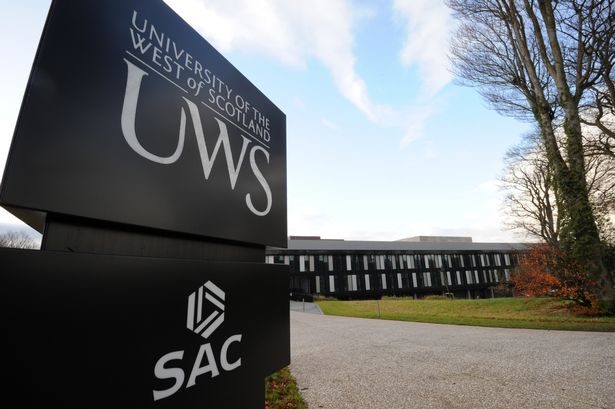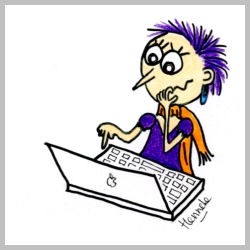My memory of social studies at school is that it was a delivered with mixed quality. I remember one particular lesson on how Roman people lived. The teacher must have spent hours if not days sourcing various foods. Root ginger, dates, olives, grapes, baked apples, rye bread, a huge variety of spices and a vast amount of dried and cured meats were expertly presented on a long table in the open area of the school. It was a true feast that any Roman warrior would be proud of. This lesson has stuck in my mind clearly. Not only do I remember discovering my love for dates and disgust at dry cured ham, I remember my teacher telling me how servants took tremendous pride in their cooking and presenting skills. Food was not just for fuel but a work of art and used as enjoyment and entertainment. It signified a massive change in food culture and in history. (I have incidental been doing a bit of food history myself and came across this great website http://cookit.e2bn.org/ )
Our Viking topic a year later was not quite as inspirational. A school trip to a Glasgow museum where a member of the museum staff expertly presented 33 uninterested 9 year old children with artefacts and information that made no sense and had little relevance in our young minds at all. We were not interested in the slightest.
The story of Titanic, expertly linked in with art and technology however, created a buzz of excitement! Not only was it 1997, the year Leonardo DiCaprio made his début, much to every 12 year old girl in my class’s delight, but our class teacher planned fantastic practical and creative lessons to engage us in the topic.
Looking back at those early introductions to social studies now, I can see exactly what our teachers did to excite us. They chose to investigate something that we were already interested in further. Depth and progression was an intrinsic desire. I genuinely wanted to know and understand more. It really was that simple. Mrs W. knew from previous lessons and getting to know us that we loved trying different foods and cooking. Through food technology this history subject came alive. Mrs F. couldn’t help but hear us giggle about the painting scene in the modern fictional Titanic remake.
It is having this confidence and insight that I believe is vital when planning lessons. The ability to link the topic of study in with other areas of the curriculum is important, not only so the lesson is active and engaging but it is also encouraged through the Scottish Curriculum for Excellence.
Social studies experiences and outcomes encourage links with other areas of learning to provide learners with a deeper, more enjoyable and active experience.
Social studies: Principles and practice no date, c. Available at: http://www.educationscotland.gov.uk/learningandteaching/curriculumareas/socialstudies/principlesandpractice/index.asp (Accessed: 19 January 2016).
I feel that I perhaps lack in the ability to come up with creative and original ways of linking cross curricular subjects. I tend to find ideas and inspiration from colleagues or online. It is not that I don’t have a great imagination; I just tend to over think things and make them overly complicated. I then panic and doubt the original idea in the first place. I would like to build my confidence in this area. I will speak with other teachers whilst I am on placement and find out how they plan their lessons. This may give me some insight into how I can develop and refine my planning skills and build confidence.
In schools today Social studies is not all about History, Geography and Politics. It is not simply reading facts from a book or marking coordinates on a map. It is about how history has shaped the world we live in now. Why the world is landscaped the way it is and how we influence it. It is about linking current culture and the way we live with the world around us. Issues such as civil war, terrorism and global warming are increasingly being brought into the classroom. During a lecture recently, it was emphasised just how important it is to tackle these issue and I cannot agree more. In this digital era where pupils can clearly see what is happening in the world online and on television we cannot ignore their questions. Talking about current issues within the classroom provides a healthy atmosphere for debate and discussion which can lead to a better understanding. An article in The Guardian discusses this and also points out the importance of teaching pupils about respecting others beliefs views and opinions.
Marsh, S. (2015) Open, honest, reflective: How teachers are handling questions about the Paris attacks. Available at: http://www.theguardian.com/teacher-network/2015/nov/19/open-honest-reflective-how-teachers-handling-questions-paris-attacks (Accessed: 19 January 2016).
I feel that I have developed an understanding of others views, opinions and beliefs and can respect them. This was partially due to my upbringing, my friends and a very enthusiastic and open minded politics lecturer whilst I was at college. I do need to recognise that not everyone has had the upbringing or life experiences I have had and are not always so accepting of others’ views.
I have decided to focus on three areas within social studies this semester to develop my skills and abilities further. The first is gaining confidence in my ability to link the topic being investigated across other areas of the curriculum. I will do this by observing and speaking to other teachers and my peers. Secondly, in order to understand why certain people have certain views or perhaps struggle to grasp a particular view, I will be researching the community that surrounds the school I attend on placement. This leads to my third aim, to have the skills and knowledge to use what is relevant and meaningful to the children in the class. I will look at the village’s history, landscape, facilities and how it has changed over time. By doing all of these things, I feel it will give me much more confidence when taking a social studies lesson or activity










